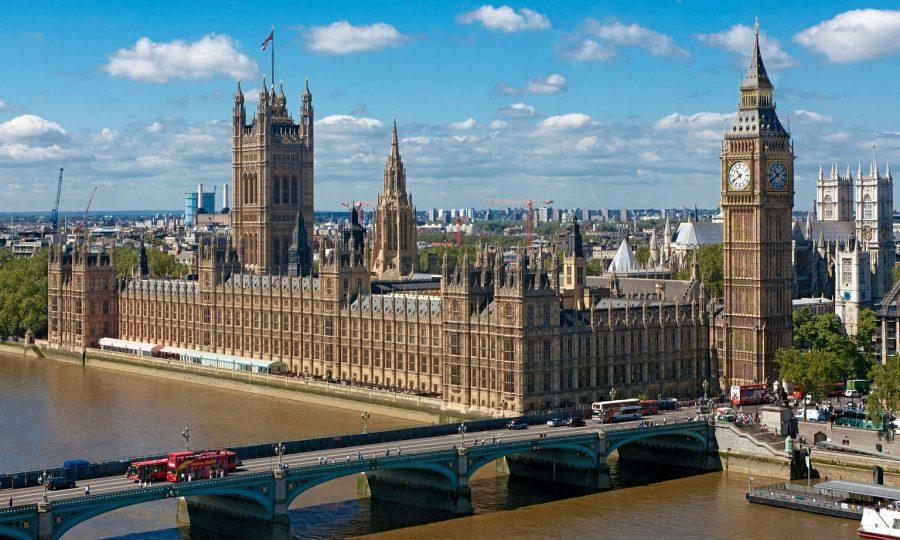The ‘Turing Law’: Britain Implements Liberal Strides for LGBT Community
November 15, 2016
Between 1885 and 1967, approximately 49,000 men were convicted of gross indecency under British Law (The Imitation Game, 2015). From public areas to private residences, homosexual men were convicted under the premise of seeking intimate relationships with other men. Among these convicted individuals was Alan Turing, the British mathematician who is venerated today as the grandfather of computer science and cryptography through his interpretation of the Enigma, an advanced device used for the purposes of communication between Nazi soldiers during World War 2. While Turing had committed suicide merely two years after his conviction, historians estimate that breaking Enigma shortened the war by more than two years, saving over 14 million lives. Turing’s work inspired generations of research into what scientists called “Turing Machines,” or computers as they are known today (The Imitation Game, 2015).
Nearly 60 years after his death, in 2013, Queen Elizabeth granted Turing a posthumous royal pardon, honoring his unprecedented accomplishments in computer science. Today, Turing is not only recognized as a central figure in the pioneering of technology, but as the subject of a crucial piece of legislation that can possibly dictate the future for Britain’s LGBT community.
The legislation, commonly termed as the ‘Turing law’ in Parliament, was introduced by John Sharkey, a member of the House of Lords. Sharkey’s statements had voiced unequivocal support for the LGBT community, as he intended to champion the oppressed voices of Britain that continue to face vehement discrimination today under the UK’s pliable system of laws. If implemented, the Turing Law would be applied to select offenses that are no longer classified as crimes, such as particular forms of intimacy between two individuals of the same sex.

Alan Turing in 1928
While the bill has received much recognition for its intent, many disparagers argued that it could be easily extinguished by the great majority of Conservatives in the House of Commons, the lower branch of Parliament. When it was debated the previous week, Parliament had come to the conclusion to oppose Sharkey’s bill during its second reading, due to a filibuster by Sam Gyimah (jee-ma), an under state (junior) minister. Gyimah argued upon the premise that Conservatives in Britain had found most objectionable in society today.
If the bill were to be passed, it would provide a blanket pardon towards acts that are still considered offenses today. According to a poll conducted by the New York Times, Gyimah stated that a “blanket pardon, without the detailed investigations carried out by the Home Office under the disregard process, could see people guilty of an offense which is still crime today claiming to be pardoned. This would cause an extraordinary and and unnecessary amount of distress to victims.”
Mr. Turing, who underwent many trials of chemical castration as an alternative to prison, was plagued with depression for many years of his life prior to his suicide. While 2009 saw Prime Minister Gordon Brown issue a formal apology for Turing’s unjust sentence, there had
been a decline in support for the LGBT community under David Cameron’s government, despite his advocation for Britain’s same sex marriage movement. Many members of parliament had voiced their concerns time and time again, yet Prime Minister Cameron’s administration had remained progressive in their actions. As 2017 approaches, Sharkey hopes that the legislation passes as the bill is reviewed once more after the filibuster by Gyimah.
Turing’s Law has been the subject of immense debate amid Parliament, sparking both support and controversy. It is a bold step for both liberals and conservatives in not only ensuring that Turing’s story is brought to light, but correcting the injustices that the LGBT community has faced. However, only the efforts of parliamentarians can dictate if this imperative piece of legislation can pass or whether Britain’s battle for the LGBT community may see more obstacles to weigh a certain future.















































